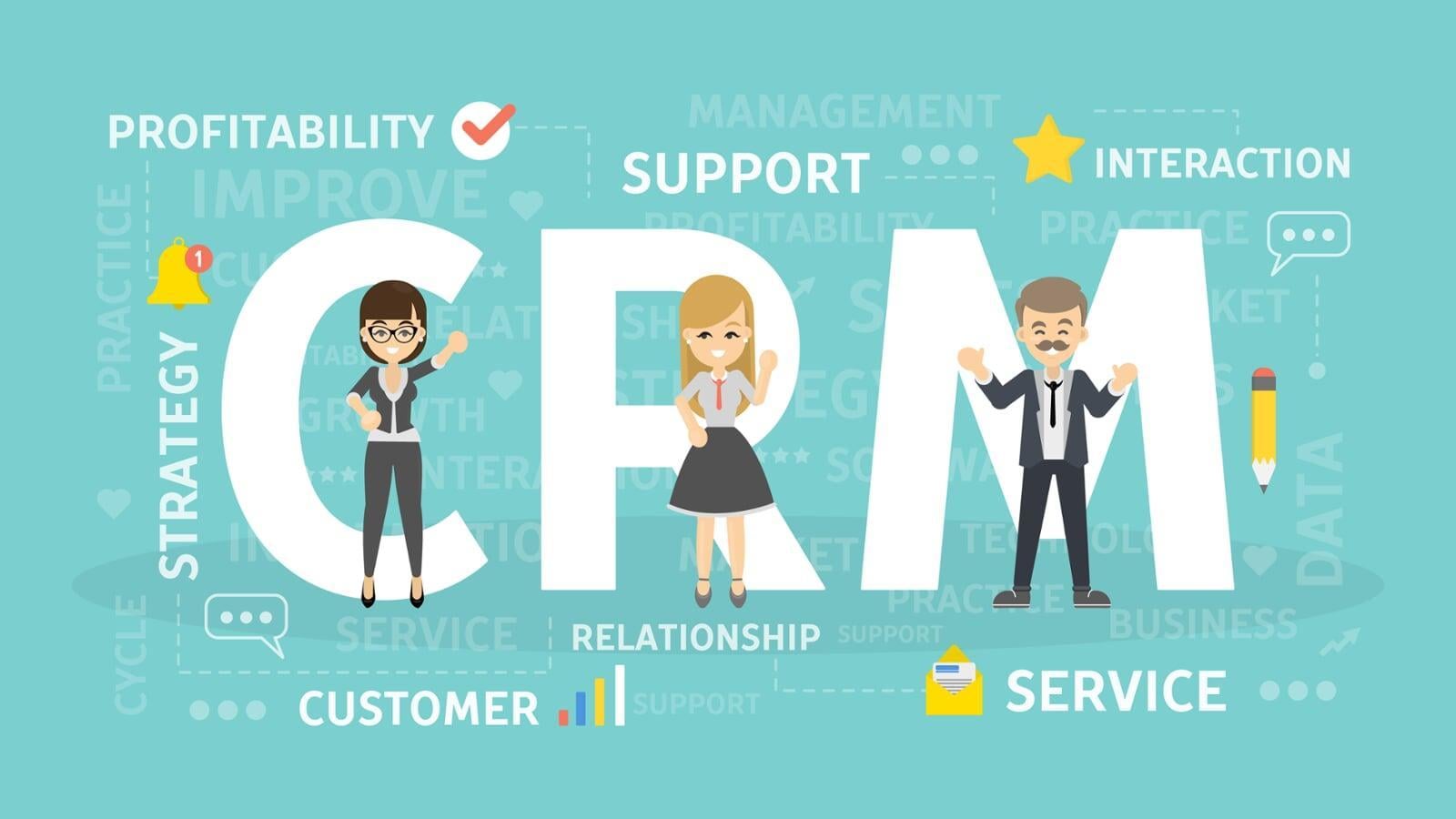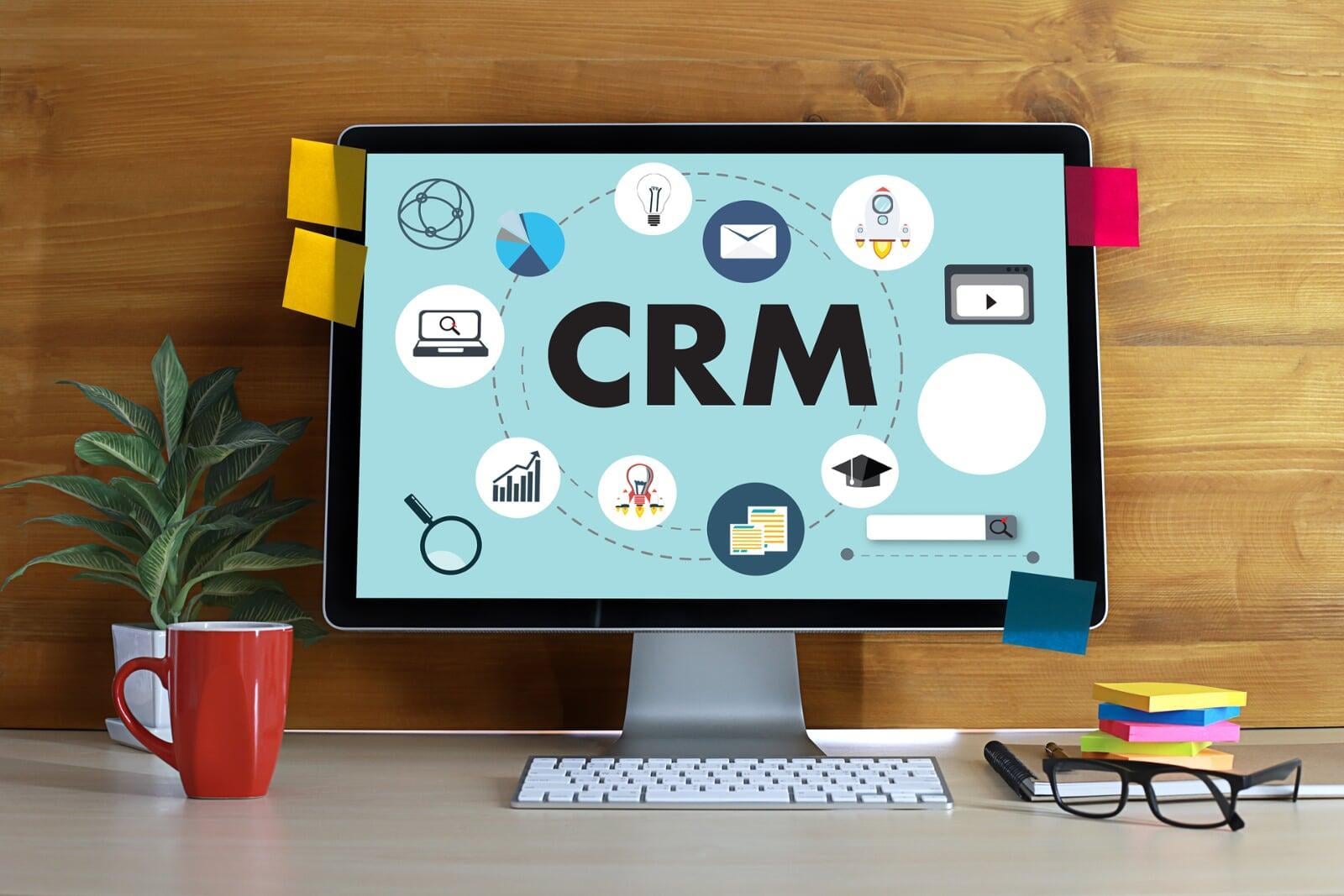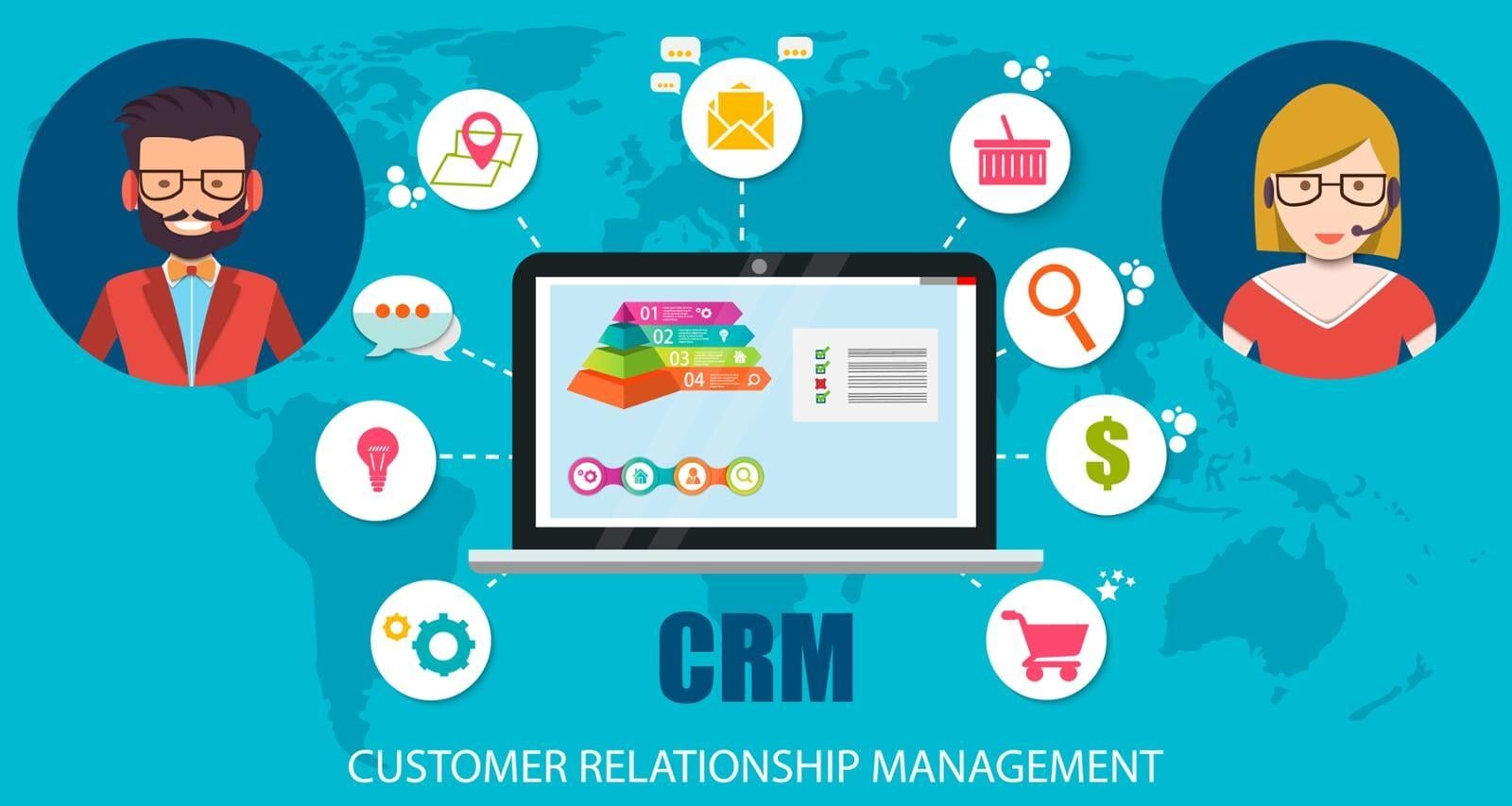
Small businesses have always been the backbone of the economy, driving innovation and growth. They are accustomed to dealing directly with their customers and are invested in the communities they operate in. In fact, you could say that they are more focused on building and maintaining relationships than their larger counterparts. In fact, they're expected to know and understand their customers on a deeper level than a huge corporation. Why then would a small business need to incorporate customer relationship management (CRM) tools and techniques?
What is CRM?
Before you can truly grasp the importance of CRM for a small business, it's important to understand exactly what it is. It's basically a management tool and approach that centers around the buyer's journey and customer lifecycle. Everything from marketing and sales through the billing process, customer service operations, and customer retention is involved. A CRM helps businesses track and follow up with leads and makes nurturing them through the sales process easier. It's also a way to personalize customer experiences, which is a proven way to increase customer retention and revenues.
A Customer Relationship Management system helps a small business manage their customer data so that it can be used in a meaningful way. It helps businesses ensure that their customer information is current, tracks customer interactions, sales, and manages customer accounts all in one convenient location. Every interaction from phone calls, walk-ins, social media posts, surveys, email marketing campaigns and other marketing funnel activities is available to the marketing, sales, and customer service teams. The data is then turned into actionable insights that are used to improve the customer experience.
How Can CRM Help Small Businesses?

Key CRM Features
- Customer Contact Management - Team members can easily update and access vital customer contact details and service-related interactions.
- File & Content Sharing - Information is stored in a central location making it easy for teams and individuals to access and share.
- Lead Generation & Management - Marketing and sales reps can track marketing funnel activities and lead generation from prospects through to conversions.
- Sales Forecasting & Management - Sales staff are able to accurately qualify leads and manage their sales pipelines to reach personal and organizational goals more easily.
- Internal Communication - Real-time messaging gives teams instant answers to questions and support during sales and service interactions improving customer service.
- Useful Analytics - The CRM makes it easy for team members to view and interpret sales data and make decisions based on their own priorities.
- Advanced Functionality - With a cloud-based CRM, marketing automation and customer service systems using customer data are integrated.
Benefits of CRM for Small Businesses

As a small business owner, you pay close attention to your finances to keep costs low and profits high. You might think that a CRM is simply a luxury that you cannot afford, or shouldn't necessarily invest in until your business is larger. The truth is, CRM is one of the best investments you can make to improve lead generation, increase sales and ensure customer loyalty. In fact, there are several ways that CRM benefits small businesses.
Sales Task & Data Automation
Keeping track of sales appointments, lead follow-ups and post-sales actions is imperative to a small business. CRM software automates these tasks saving time and money while ensuring customers receive the best possible service. Every customer touch point, website interaction, response to an email marketing campaign, phone call, walk-in is recorded and follow-up tasks are automatically scheduled. Even post-sale activities such as customer surveys, up-sell marketing, and customer service related interactions are also automated.
Improves Marketing
Data is an essential component of any advertising and marketing campaign. When you know more about your customers based on their profile, purchase history, and other data, you're better able to tailor offers to suit their needs. Without CRM, you'd have to review old invoices and purchase records and search for customer information like an email address or other contact information. With CRM, it's easy to segment customers based upon any criteria you deem important in minutes. With that kind of information in hand, you're better prepared to launch a new marketing campaign or promotion that targets your audience directly.
Collaboration & Teamwork
With CRM teams can see the impact of marketing campaigns on sales and track pipeline activities. What's more, the supply side of the business can adapt accordingly for a seamless customer experience. Since every team member has access to the data, they can add notes, suggest actions, take advantage of opportunities, and solve problems all in one convenient location. With everyone on the same page, the business is better able to accomplish sales goals and customer service improves.
Integrated Communication Systems
Most CRM systems make it easy to integrate email and social media activity in one place. This is a time saver for a few reasons. First of all, it eliminates the need to log in to each account. Information is shared with all departments so there's no lost time tracking down data and no need to transfer clients to another individual for assistance. In addition, integration allows instant access to customer information including contact information, purchase history, billing information, and previous customer service interactions.
While CRM started out as an enterprise solution for larger corporations, it's fast becoming a necessity for small businesses as well. With this technology it's easier to manage customer data, provide better service, improve marketing campaigns, and increase sales revenue. If you're interested in learning more about the benefits of CRM, contact us and we'll be happy to answer your questions. You can also read more industry news by subscribing to our newsletter..
